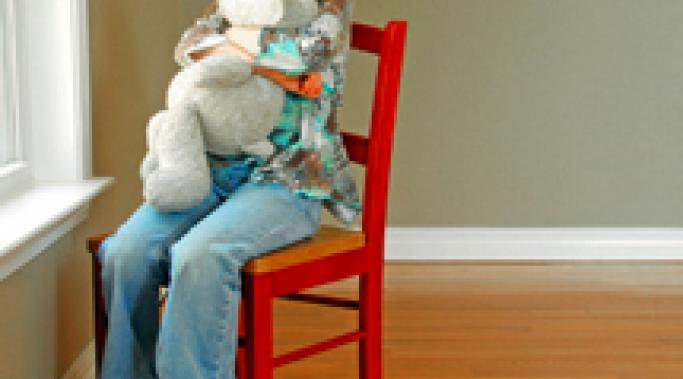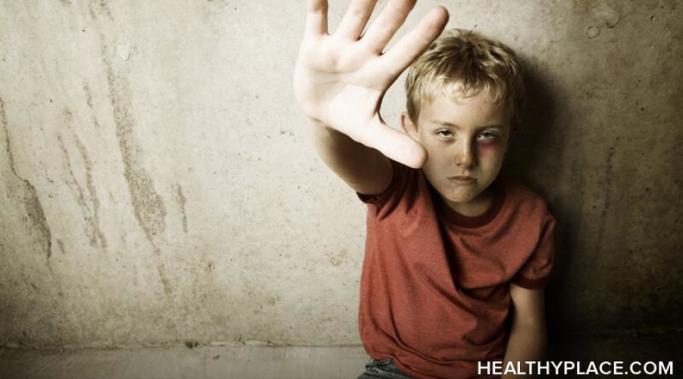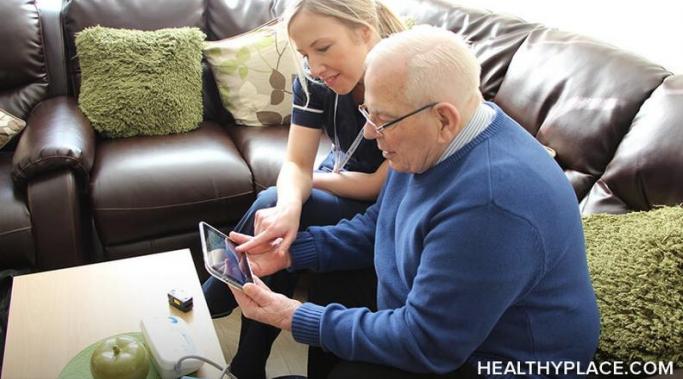PANDAS (pediatric autoimmune neuropsychiatric disorders associated with streptococcal infections) is a disease that can account for psychiatric symptoms, but there is stigma around PANDAS. Recently I received a text message from Amber Becker, one of my readers, asking about my time in the state hospital system. Her daughter McKenzie has several psychiatric and developmental disorders, has been in and out of hospitals, and written off as untreatable. The State of Indiana wants to make her a ward of the state and put her in one of the hospitals I was treated at. Her fear is that if Indiana puts McKenzie in the state hospital, she'll be constantly sedated or repeatedly put in physical restraints. But here's the plot twist--PANDAS may be the cause of her problems. But there are no PANDAS specialists in Indiana, and even if there were, they're not covered by her insurance.
Mental Health - Recovering from Mental Illness
There are three lessons the Bill Cosby case can teach us. Unless you've been living under a rock this past year, you've heard of the Bill Cosby rape allegations. As a sexual assault survivor, any time a high-profile rape case occurs, I want to speak out. I've watched this case with interest, and have learned three lessons the Bill Cosby case can teach us.
Is sexual abuse an epidemic? Recently, I was in my church's library and I found a copy of Sexual Abuse In Christian Homes and Churches by Carolyn Holderread Heggen, a Christian counselor specializing in sexual abuse recovery (Books on Sexual Abuse, etc.) She claims that sexual abuse is an epidemic.
There are many things your therapist won't tell you, but for today I want to focus on three. Some of these things are common knowledge, such as not everything is confidential (danger to self, danger to others, abuse). Some of these things are professional secrets (such as your psychiatrist is probably receiving free samples from the pharmaceutical company). There are at least three things your therapist won't tell you, and they vary by therapist. But as a general rule, the following statements are three things your therapist won't tell you.
What are three myths about psychiatric patients? There are many misconceptions about mental health consumers, largely fueled by stigma and ignorance. I've dealt with three psychiatric patient myths over the course of my life, each one harmful in its own way.
This past week brought a lesson in how vital self-care is to mental health and mental health recovery. Self-care can be overlooked when we are suffering from depression or experiencing other mental illness symptoms. I have a dear old friend who many consider the sweetest person they’ve ever known or may ever know. This dear woman has always been the type who will go to the ends of the earth to help people, and not just friends and family.
Recently TheAtlantic.com published an article titled, Should the US Bring Back Psychiatric Asylums? The article talks about the cynicism surrounding long-term psychiatric facilities, the consequences of de-institutionalization (homelessness and incarceration), as well as the need for such psychiatric facilities. So the question is, should we open more long-term psychiatric facilities?
Feeling misunderstood is one of the most difficult and painful things for people with mental illness. It’s difficult for most everyone, but sometimes our mental illness can make the misunderstanding even more complicated and can even contribute to mental health stigma. Has it ever happened to you? Some event transpires and you are clearly misunderstood by another person, or a group of people? Have you experienced a misunderstanding that has contributed to mental health stigma?
Dear Senator Paul:
I understand that you think I and people like me are "gaming the system" because we're receiving disability benefits for mental illness. I also understand that you claim you were quoted out of context and that some people do deserve disability, but the able-bodied don't. I've seen both videos, and you didn't say anything about mental illness. Logically, that means you think people with severe mental illness should not receive disability. Let me inform you about the realities of mental illness and disability benefits.
When our son was a teenager, like many teenagers, he was an avid music fan and, eventually, a musician in his own right. I also enjoyed the music he listened to, so we sometimes bonded over screaming until our vocal cords were bruised. Since it’s a known fact that mental illness runs in families, we weren’t too surprised when our son started showing signs of a depressive disorder. But his disorder and his music choices unearthed some mental illness, depression stigma in our home.









